1 of 9
Learning to Live Together – An Intercultural and Interfaith Programme for Ethics Education
Promoting a transformative pedagogy that places children at the center of the educational experience, making them agents of their own learning, and drivers of positive change
Learning to Live Together, is an intercultural and interfaith program for ethics education, designed to contribute to the realization of children’s right to a full and healthy physical, mental, spiritual, moral and social development. Its 244-page manual provides an educational framework that can be easily adapted to different social and cultural contexts, articulating theory and practice for nurturing ethical values in children and young people.
Since its launch in 2008, Learning to Live Together has reached more than 435,230 children in 45 countries, thanks to the initiatives taken by our implementing partners. In addition, more than 3,698 facilitators have been trained in the use of the Programme, and 51 of them have become Learning to Live Together Trainers.
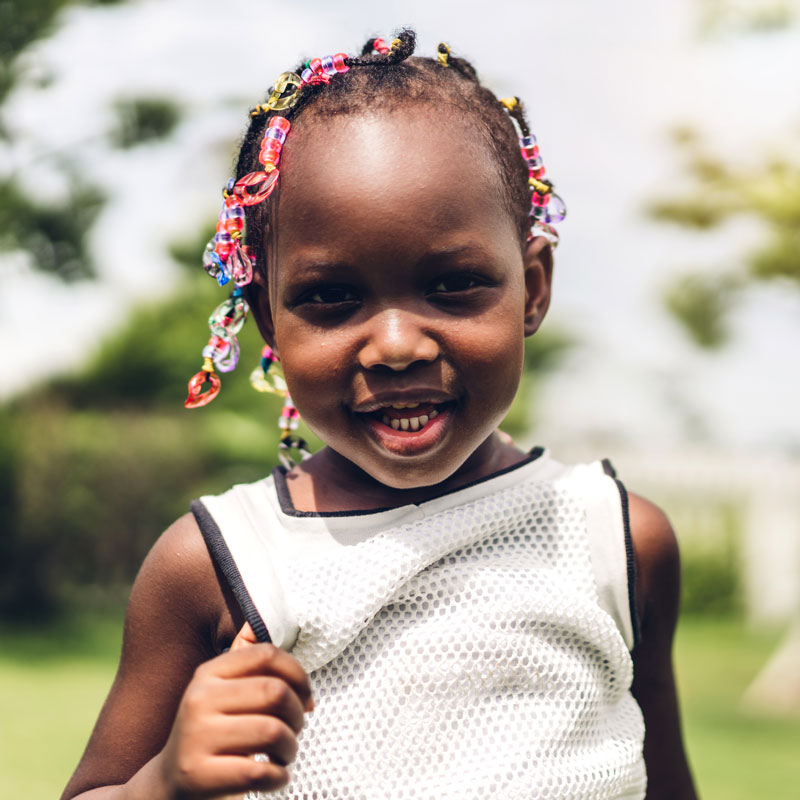
Training Facilitators
For more than 12 years, the office of Arigatou International in Geneva has been carrying out training workshops to equip educators, social workers, youth leaders and other people working with children, on the use of the Learning to Live Together Programme.
These training workshops have allowed participants to fully understand and experience its transformative pedagogy with their heads, hearts and hands.
This year, Arigatou International – Geneva helped conduct and provided technical support to six Facilitator Training Workshops held in Guatemala, Indonesia, Kenya, Mexico and Peru.
As a result, 170 new educators, social workers and youth leaders, as well as representatives of civil society and faith-based organizations, were trained as facilitators, and are now equipped to implement the Programme with children in their own schools and communities.
Throughout the years, we have also trained a pool of 51 Learning to Live Together Trainers, who are prepared to carry out training workshops for adults.
This year, our Trainers conducted several workshops in El Salvador, India, and Romania, training 208 new facilitators.
The Learning to Live Together Trainers are our greatest advocators for ethics education for children.
With the support of their local organizations and institutions, they have conducted many introductory workshops to present the main concepts and methodology of the Learning to Live Together Programme.
Through these short workshops, they have reached 658 stakeholders in Bosnia and Herzegovina, Colombia, Croatia, El Salvador, Kenya, Mauritius, Romania, South Africa and Uganda.
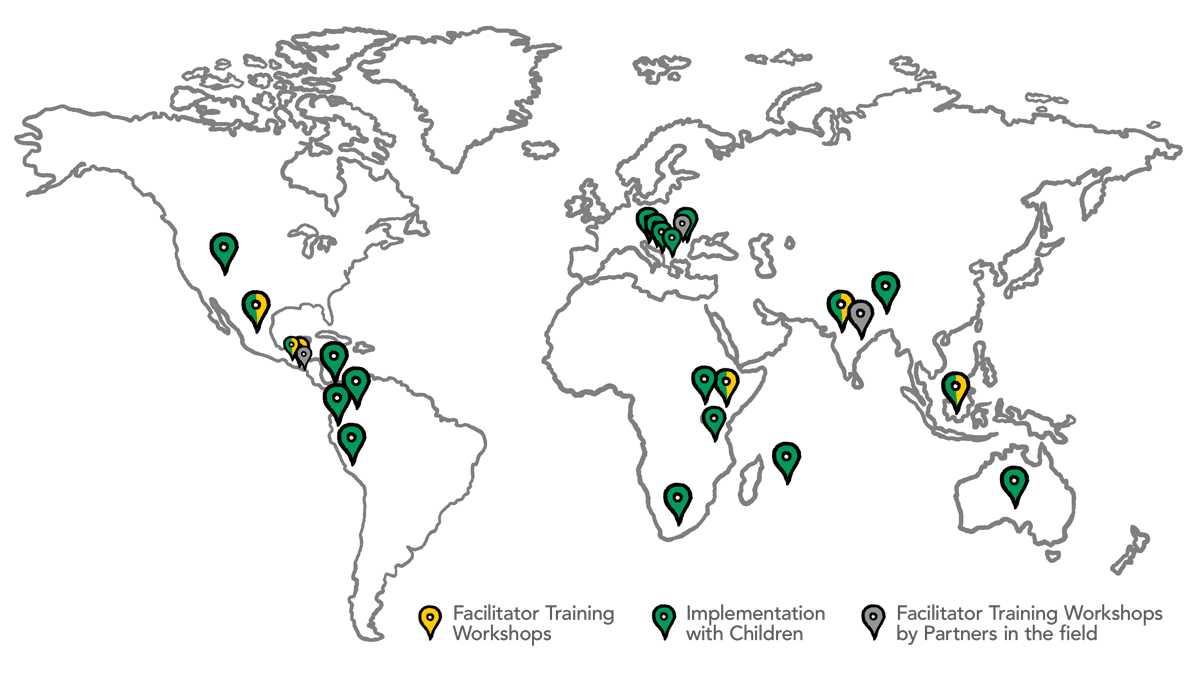
Implementation with Children
In its 12 years of existence, the Learning to Live Together Programme has been implemented by more than 100 partners in the field. Its comprehensive framework provides the means to fostering values-based education and creating safe, inclusive and participatory learning environments, empowering both learners and educators.
Learning to Live Together has helped children and youth in increasing their capacity to manage their emotions, deal with conflicts in positive ways, learn to reconcile their differences and learn to work collaboratively. The Programme fosters critical thinking in children and provides spaces for dialogue, challenging their prejudices, and improving their capacity to embrace diversity and empathize with those belonging to different ethnic, religious and socio-economic groups.
In the year under review, the Learning to Live Together Programme was implemented systematically by local partners in 15 countries benefiting 6,432 children and youth. The systematic implementation of the Programme helps creating a safe environment for children to grow, learn and express themselves. It can open spaces to nurture values and spirituality in children, to bring about change in their lives, their families and the community.
Another 10,025 children and youth were reached by the Programme in 18 countries through different activities carried out by Learning to Live Together Facilitators and Trainers in the field, supported by local organizations.
Download the Learning to Live Together Manual
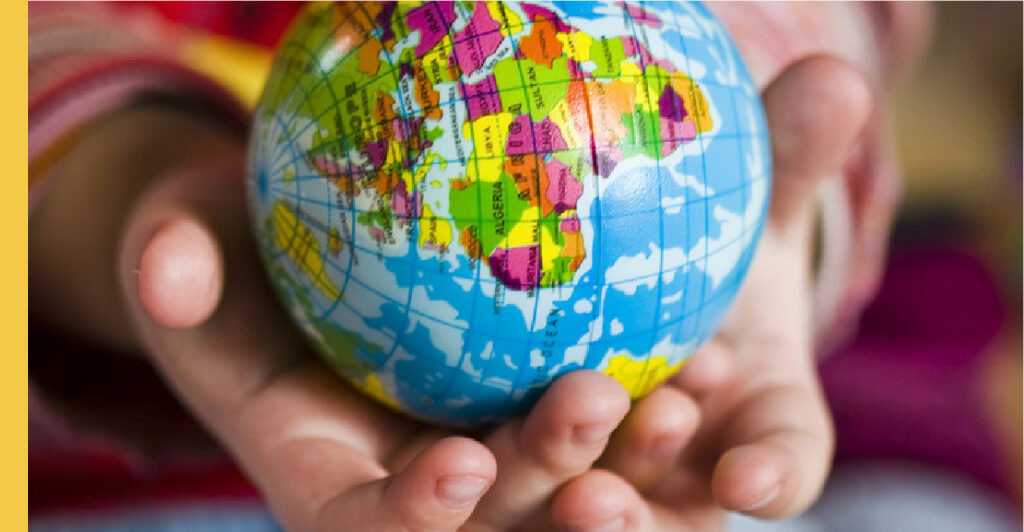
Now Available in Bahasa Indonesia
Since 2012, the Learning to Live Together Programme has reached over 1,000 children in more than 30 schools in Indonesia. The translation of the manual to Bahasa constitutes another step towards scaling up the Programme at the national level, thanks to a collaboration between the Indonesian National Commission for UNESCO and the Ministry of Education, with the support of Arigatou International Geneva.
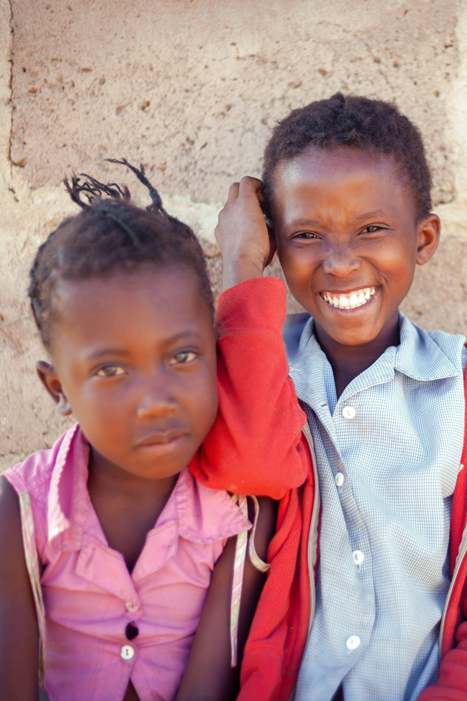
SPOTLIGHT
Tackling Violence in Kenya Through Values-based Education
Using the Learning to Live Together Programme to contribute to a peace-building process, by enhancing dialogue, empathy, interconnections, and ethical reflections.
More than 700 children from West Kenya have been reached by the Learning to Live Together Programme in 2019 after 64 teachers from the counties of Baringo and Elgeyo-Marakwet were trained on the use of the Programme.
This region has continuously experienced violent conflicts, which have been aggravated by an acute shortage of food and adverse weather conditions. It is against this background that the Ministry of Education, Science and Technology of Kenya, the Kenya National Commission for UNESCO, and World Vision Kenya, with the technical support of Arigatou International Geneva organized a peacebuilding intervention.
The project included the sensitization of headteachers from 30 primary schools, and two training workshops for teachers lead by Arigatou International Geneva, as well as working with community leaders on issues of intercultural dialogue, peaceful co-existence and resolution of conflicts.
The implementation of the Programme aimed to promote healthy relations and peaceful coexistence among students and members of the community at large, by creating opportunities to appreciate diversity, identify non-violent solutions to conflicts, and building on commonalities.
Teachers reported a positive impact on children, who have developed a better attitude towards neighboring communities, as well as improving their dialogue and negotiation skills. The Programme has promoted a spirit or living together, respecting one another, and people of different denominations and ethnic groups, and it has also boosted relationships between teachers and students.
The Learning to Live Together Programme was first introduced to the Ministry of Education, Science and Technology (MoEST) of Kenya in 2014. Soon after, a pilot program was carried out in 13 schools, reaching 657 children from the Tana River County, an area heavily affected by inter-ethnic violence. The implementation of the Programme showed positive results in students, and teachers, as well as in the overall community.
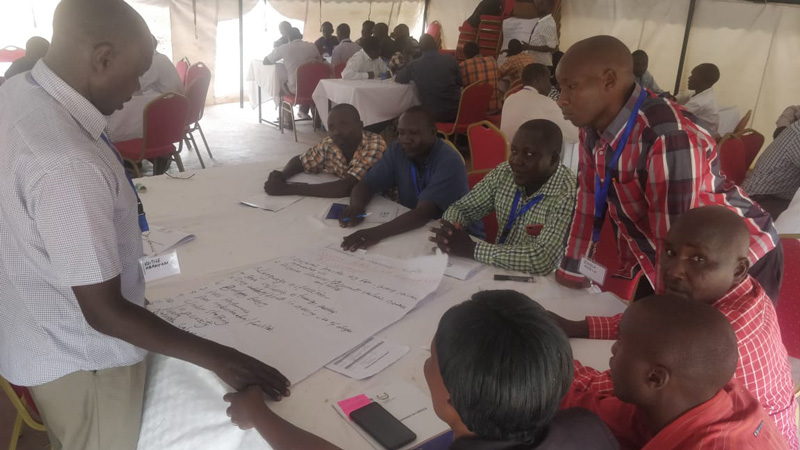
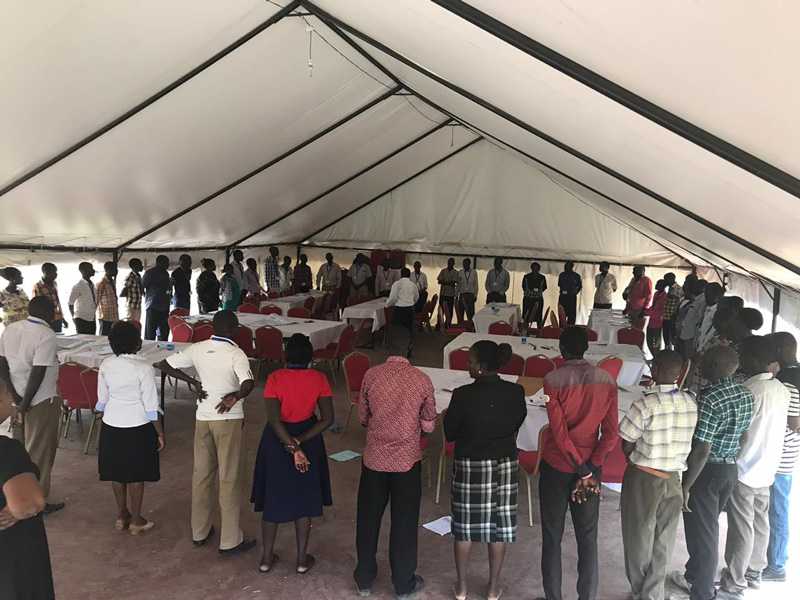
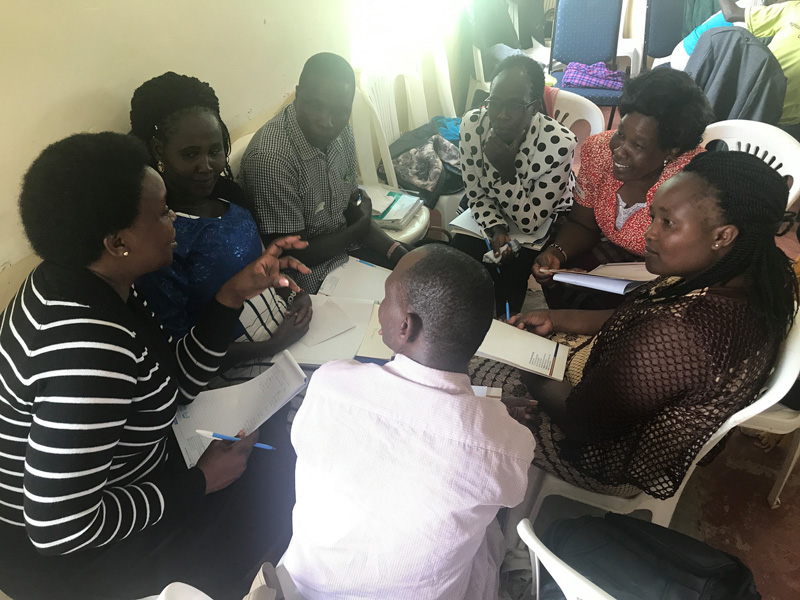
1 of 9